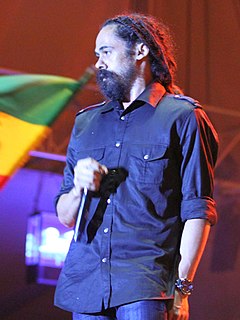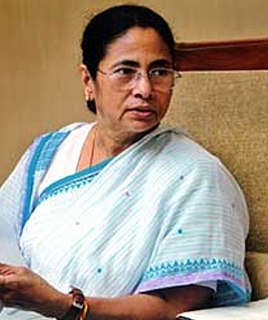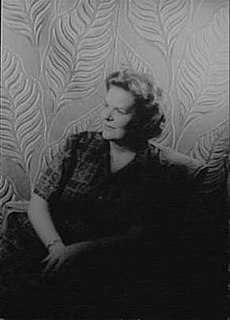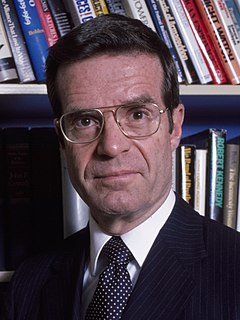A Quote by Rohini Nilekani
I came from a seedha-saadha middle class family in Mumbai. The Infosys story changed our life drastically but we have remained the same.
Related Quotes
Remember 'The Brady Bunch' TV show? That 1970s family had a full-time live-in housekeeper called Alice. Mrs. Brady worked at the PTA and did community work. She didn't clean her own house. That was middle class. Now you have to be very rich to employ a housekeeper. Everything it meant to be middle class has changed dramatically.
I came from a big family, with not enough attention. It's classic. I wasn't the baby, but was second to last. It's absolutely the same story that most people have in this [film] business, they're the middle children. I've encountered some people, and it's weird to me, that they were the youngest in their family. I don't understand how that works, they got the attention.
Organization for action will now and in the decade ahead center upon America's white middle class. That is where the power is. ... Our rebels have contemptuously rejected the values and the way of life of the middle class. They have stigmatized it as materialistic, decadent, bourgeois, degenerate, imperialistic, war-mongering, brutalized and corrupt. They are right; but we must begin from where we are if we are to build power for change, and the power and the people are in the middle class majority.






































